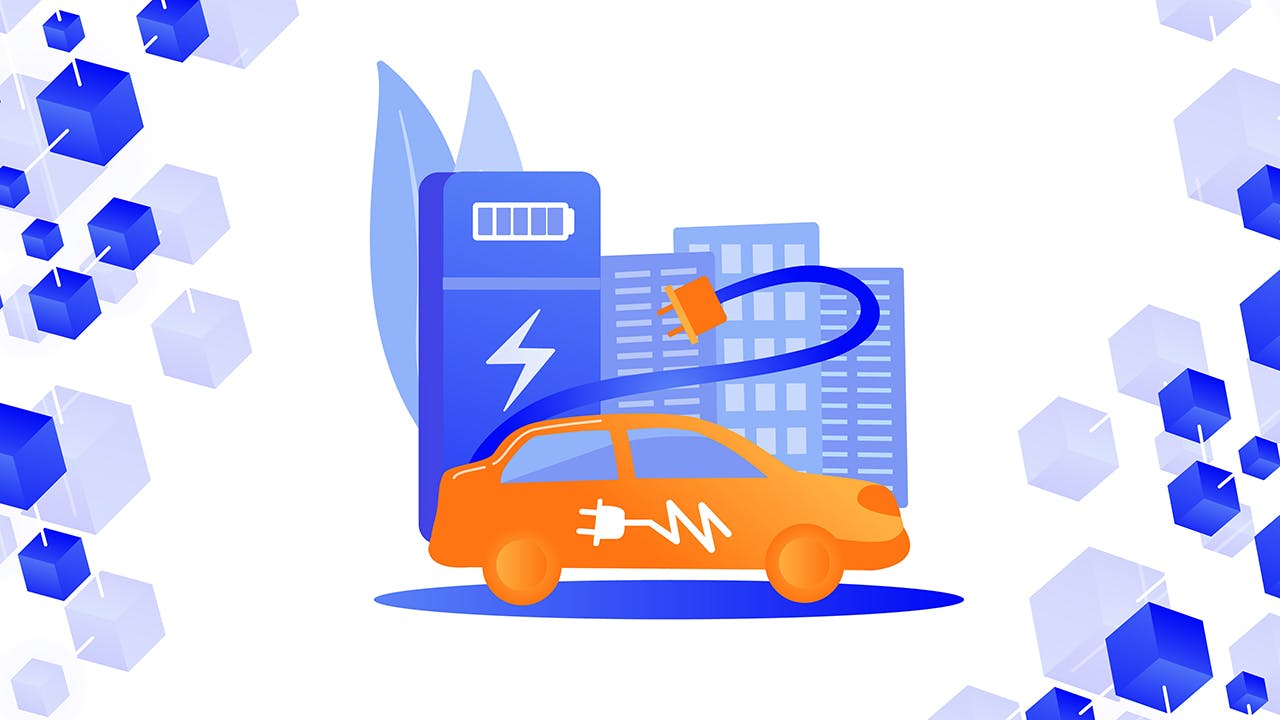A 3-year study conducted by the Ford Motor Company has yielded some very promising results around the viability of blockchain-type technology integrated into smart cars.
The study, conducted across Cologne, Valencia, and London, tested Ford’s new plug-in hybrid-electric vehicles (also known as PHEVs) which utilise ‘dynamic geofencing’. This geofencing technology allows the vehicles to automatically switch to an zero emission mode when entering a low-emission zone, without any intervention from a human being.
This technology, coupled with blockchain-based data storage, allows this data to be safely stored and assessed by government bodies city councils.
“Our research has shown how plug-in hybrid vehicles, and emerging connected technologies such as dynamic geofencing and blockchain, can play a major role in transforming cities,” said Mark Harvey, Ford’s director of enterprise connectivity in a recent press release.
With more and more major cities now adopting or expanding low-emission zones, this type of vehicle functionality will become more and more necessary, however, due to each blockchain entry requiring each ‘block’ along the chain to be checked from latest to earliest, over time the server power required to carry this out becomes larger and larger. This has meant that today, the transfer of a single bitcoin is extremely environmentally unfriendly. This means that the widespread implementation of blockchain-based technology for dynamic geofencing may eventually nullify any positive impact it may initially have.
Fortunately, there are alternatives. With Dagchain technology, only the previous ‘block’ requires checking before a new entry is successfully added to the digital ledger, meaning the environmental impact is static, and minimal.






